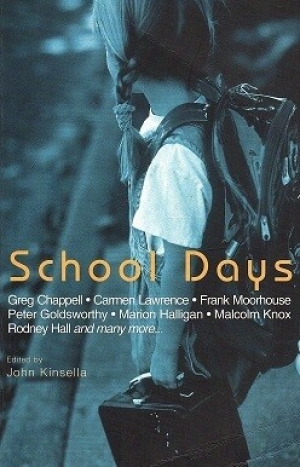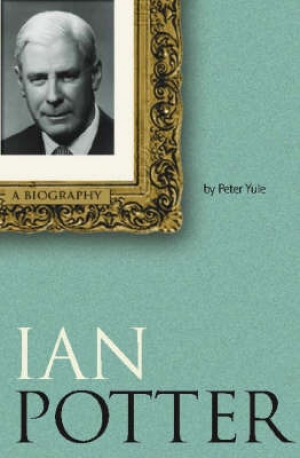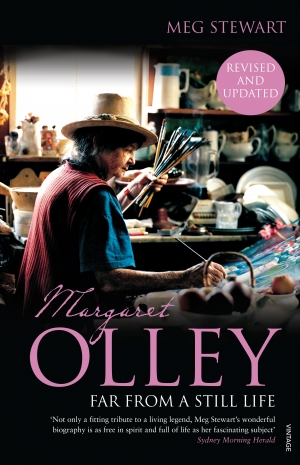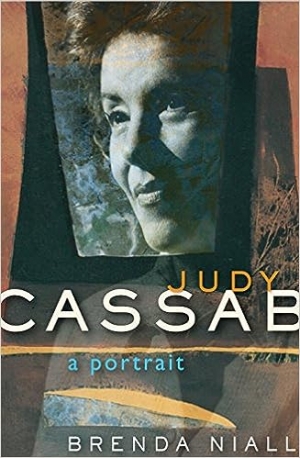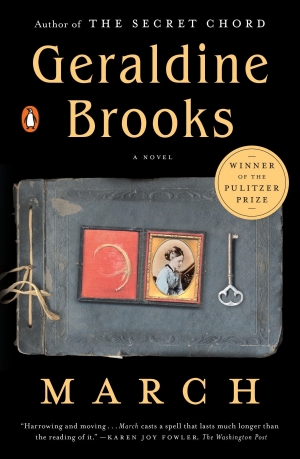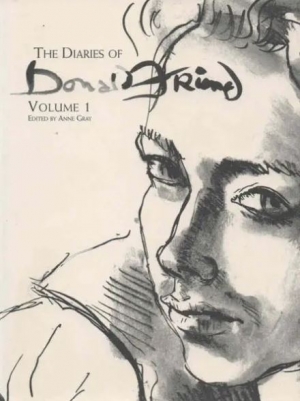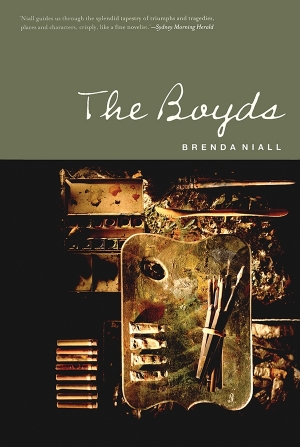Brenda Niall
Hands up those who know where Upper Ulam is. In what Melbourne convent school was Veronica Brady’s spiritual and aesthetic education nourished? Can anyone name Eva Sallis’s latest work of fiction or identify the school, somewhere outside Adelaide, where Sallis practised the violin and took her turn at milking the cow?
... (read more)‘The very rich are different from you and me’, F. Scott Fitzgerald thought; and so he told Ernest Hemingway. Hemingway, who came back with a deflating reply, ‘Yes, they have more money’, boasted that he had won that little exchange. Yet Fitzgerald was right; and he proved it in The Great Gatsby and Tender is the Night. In the American novel more generally, money creates and defines character; as it does in Theodore Dreiser’s The Titan or Edith Wharton’s The Custom of the Country. Destructive though it may be in these novels, the making of a fortune is an expression of power and a source of drama.
... (read more)Brenda Niall reviews ‘Margaret Olley: Far from a still life’ by Meg Stewart
As an unknown young artist, Margaret Olley gained instant fame as the subject of the enchanting portrait by William Dobell that won the Archibald Prize in 1948. With Olley’s Mona Lisa smile, the warm, summery colours of her dress and her extravagantly flower-laden hat, Dobell created an enduring image. An embarrassed Olley did not welcome the publicity. This was not the way she wanted to enter the world of art. ‘I also paint,’ she told reporters defensively. Today, her vibrant interiors and still lifes have made her famous in her own right.
... (read more)To celebrate the best books of 2005 Australian Book Review invited contributors to nominate their favourite titles. Contributors include Morag Fraser, Peter Porter, Kerryn Goldsworthy, Nicholas Jose and Chris Wallace-Crabbe.
... (read more)In Brenda Niall’s biography of Judy Cassab, the art forms of the subject and the author – life story and portraiture – are nested one in the other. As the story builds, one comes to accept that certain unsparing reflections on the subject’s personality and behaviour have as their authority Judy Cassab herself. She emerges as a heroine in a decidedly modern mode.
... (read more)Spacious and solidly constructed, the classic nineteenth-century novel invites revisiting. Later writers reconfigure its well-known spaces, change the lighting, summon marginal figures to the centre. Most memorable, perhaps, is Jean Rhys’s Wide Sargasso Sea (1966), in which the first Mrs Rochester ...
... (read more)To celebrate the best books of 2004 Australian Book Review invited contributors to nominate their favourite titles. Contributors included Dennis Altman, Brenda Niall, Kerryn Goldsworthy, Morag Fraser and Chris Wallace-Crabbe.
... (read more)London seen through a haze of smoke and fire in J.M.W. Turner’s famous painting, The Burning of the Houses of Parliament, is the evocative cover image for Shirley Hazzard’s long-awaited novel. The Great Fire comes twenty-three years after Hazzard’s brilliantly composed, witty, and ultimately tragic work ...
... (read more)'It is simply a very young girl’s record of her own thoughts and impressions, and consequently meant for publication.’ Oscar Wilde’s Cecily, in The Importance of Being Earnest, expresses the contradictions of many diarists. Whether by chance, or by the diarist’s own wish, this most private form of writing often comes before the public. It may be that in the diary’s purest form the self communes with the solitary self. Yet many of the great diarists have a strong sense of audience. Writing a diary is a means of exploring the self, but it is also a way of testing voices, trying on masks. This element of theatre is very strong in the diaries of Donald Friend.
... (read more)Michael Shmith reviews 'The Boyds: A family biography' by Brenda Niall
Biography can be difficult to achieve. There is the balance between too much detail, where one can’t see the wood for the family trees, or not enough, which can be disappointing all round. One also bears in mind possible antipathy: Sigmund Freud, who famously began burning his personal papers at twenty-nine, was dismissive of future chroniclers: ‘As for biographers, I am already looking forward to seeing them go astray.’
... (read more)
